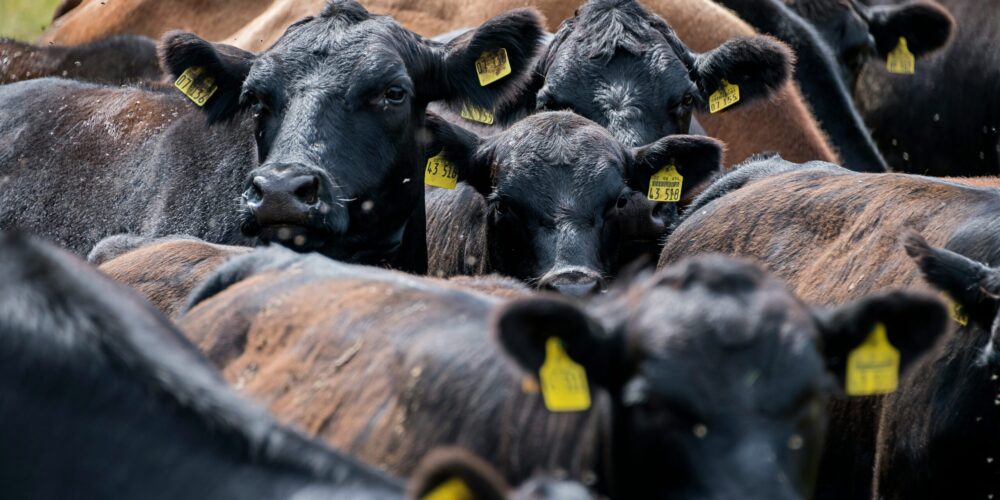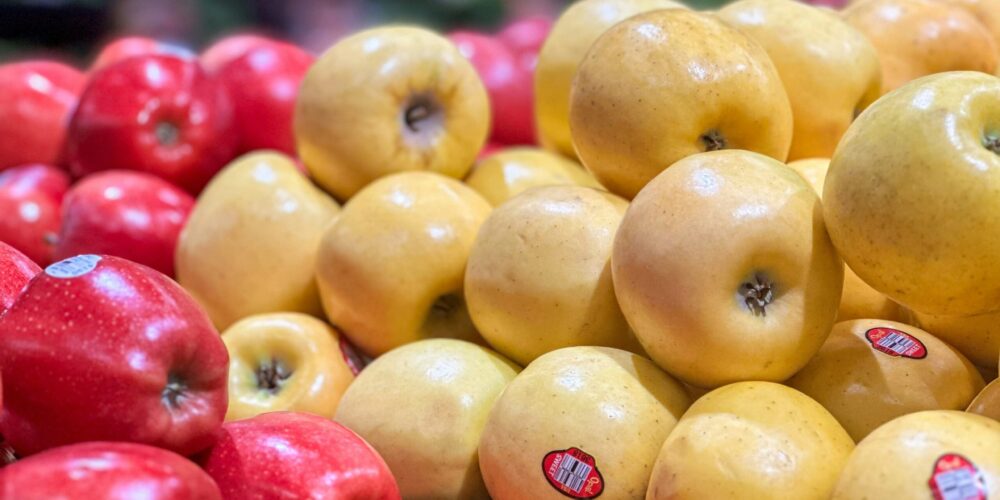Recent developments in Namibia have garnered attention, with several local articles…

Addressing Challenges and Harnessing Opportunities to Ensure Sustainable Food Systems in Africa
As the world grapples with escalating food security challenges, Africa stands at a critical juncture. With a rapidly growing population, diverse agro-ecological zones, and vast agricultural potential, the continent is poised to not only feed its people but also to contribute significantly to global food security. However, realizing this potential requires a concerted effort to overcome existing challenges and harness emerging opportunities.
Understanding the Challenges:
Africa’s journey towards food security is fraught with challenges. These include climate change, which threatens crop yields and livestock; political instability and conflicts that disrupt food production and distribution; inadequate infrastructure; limited access to markets and financing; and a heavy reliance on rain-fed agriculture. Additionally, the continent faces the challenge of post-harvest losses, which significantly reduce the amount of food available for consumption.
Country-Specific Initiatives and Successes:
Several African countries are making strides in addressing these challenges:
-
Ethiopia: The country has made remarkable progress in reducing hunger through extensive social protection programs and investments in small-scale irrigation schemes.
-
Kenya: Kenya is focusing on technology-driven solutions, including mobile platforms for market access and weather forecasting, and innovative insurance products for farmers.
-
Nigeria: Africa’s most populous country is investing in boosting local rice production, aiming to reduce its dependence on imports.
-
Senegal: The country has implemented successful programs in agroforestry, helping to combat desertification and improve food production.
-
Morocco: With its Green Morocco Plan, the country has increased agricultural productivity through modernization and improved water resource management.
Enhancing Market Access:
Market access is crucial for ensuring that farmers can sell their produce at fair prices. This requires investments in rural infrastructure such as roads, storage facilities, and marketplaces. Additionally, digital platforms can connect farmers directly with consumers and agribusinesses, bypassing traditional, often exploitative, market channels.
Public-Private Partnerships (PPPs):
PPPs are essential in bringing together the efficiency of the private sector and the regulatory capabilities of governments. These partnerships can facilitate access to finance, technology, and markets. They can also play a role in developing agricultural value chains and creating job opportunities, especially for the youth.
Intra-African Trade and the Role of AfCFTA:
The African Continental Free Trade Area (AfCFTA) presents a historic opportunity to boost intra-African trade, including agricultural products. By reducing tariff barriers and harmonizing standards, AfCFTA can help African countries to trade among themselves, covering shortfalls and optimizing yields.
Technology and Innovation:
Technological innovations are key to transforming African agriculture. This includes the use of satellite imagery for weather forecasting and crop monitoring, mobile technology for market access, and biotechnology for developing drought and pest-resistant crops.
Capacity Building and Education:
Investing in agricultural education and training is critical. This involves not only formal education but also extension services that provide farmers with practical skills and knowledge in modern agricultural practices, financial management, and environmental sustainability.
Climate Change Adaptation and Mitigation:
Adapting to and mitigating the effects of climate change is crucial for food security. This includes developing climate-resilient agricultural practices, promoting sustainable land and water management, and investing in renewable energy sources for agricultural production.
Addressing Post-Harvest Losses:
Reducing post-harvest losses is essential for increasing the availability of food. This can be achieved through better storage facilities, improved transportation networks, and training farmers in post-harvest handling techniques.
Role of Governments and International Partnerships:
Governments need to prioritize agriculture in their national agendas, providing the necessary support in terms of policies, investments, and infrastructure. International partnerships can also play a role in providing technical and financial support for agricultural development.
Achieving food security in Africa is a complex task that requires a multi-faceted approach. It involves addressing immediate challenges while also laying the groundwork for long-term sustainable development. With the right policies, investments, and collaborations, Africa can not only achieve food security for its population but also play a significant role in global food systems.


